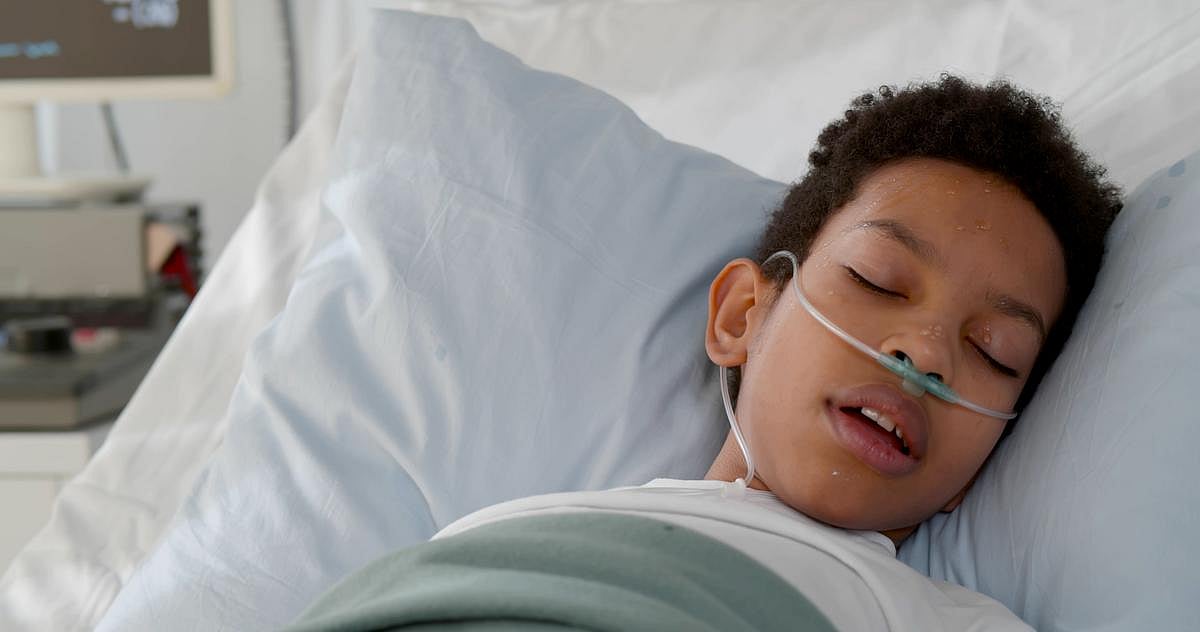Manténgase sano!

- Carole Tanzer Miller
- Posted September 27, 2024
At Two Dallas Hospitals, Kids' ER Visits for Heat Illness Nearly Tripled Over Last Decade
In a sign that climate change may be fueling heat illnesses in kids, a new study reveals that such visits to two Texas children's emergency rooms spiked 170% between 2012 and 2023.
Study leader Dr. Taylor Merritt, a resident pediatrician at UT Southwestern Medical Center in Dallas, is to present the findings Sunday at the American Academy of Pediatrics (AAP) annual meeting in Orlando, Fla.
While research not yet published in a peer-reviewed journal is considered preliminary, study co-author Dr. Andrew Yu, a pediatrician at UT Southwestern, said the findings likely reflect trends in other areas of the country where extreme heat is becoming more common.
Children treated for heat-related emergencies at the two large hospitals in Dallas were seen for a variety of conditions, from heat cramps and heat stroke to life-threatening complications such as rhabdomyolosis, according to the study.
"As extreme summer temperatures become more frequent due to a changing climate, we're seeing a rise in heat-related illnesses, particularly in vulnerable groups like children," Merritt said in an AAP news release.
For the study, researchers looked at 542 heat-related visits to the ER. Nearly 8 in 10 patients (418) had heat-specific diagnoses and a quarter (131) were diagnosed with rhabdomyoloysis. Often called "rhabdo," it is a rare and potentially deadly condition in which muscles break down, often after excessive exercise or heat stress.
Most of the kids (63%) with rhabdo had to be admitted to the hospital, the study found.
Most children (96%) with diagnoses like heat exhaustion or heat stroke were treated and released.
Children presenting with heat-specific health issues tended to be younger, Hispanic and living in disadvantaged neighborhoods, the study found.
"As pediatricians, we see firsthand how excessive heat affects children's health," Merritt said. "The significant rise in heat-related illnesses over the past decade underscores a growing public health concern that warrants further attention and action."
Yu said the findings underscore the importance for parents and pediatricians alike to understand how the changing climate can affect children's health and safety.
More information
Learn how to recognize heat-related illnesses at John Hopkins Medicine.
SOURCE: UT Southwestern, news release, Sept. 27, 2024







